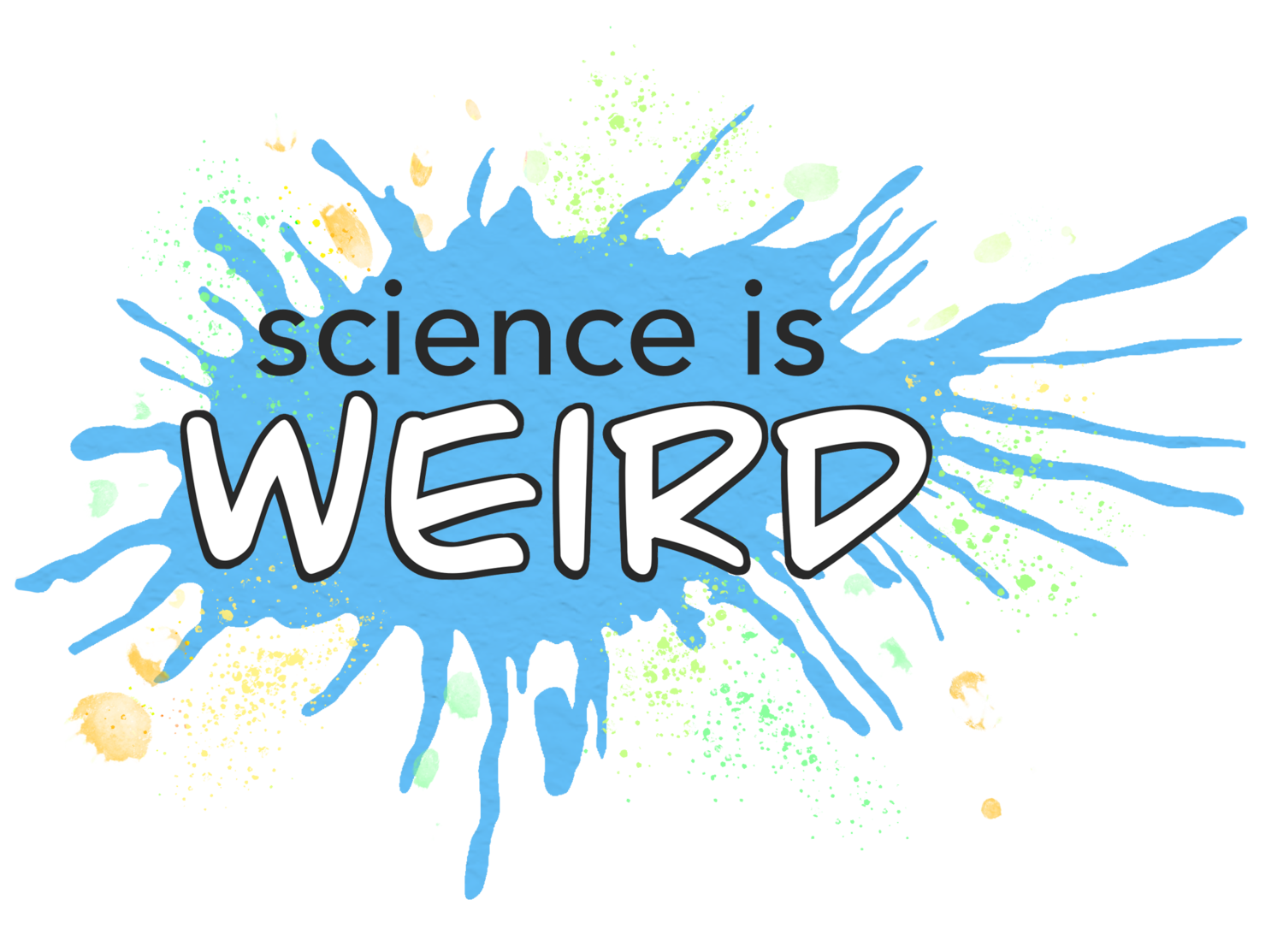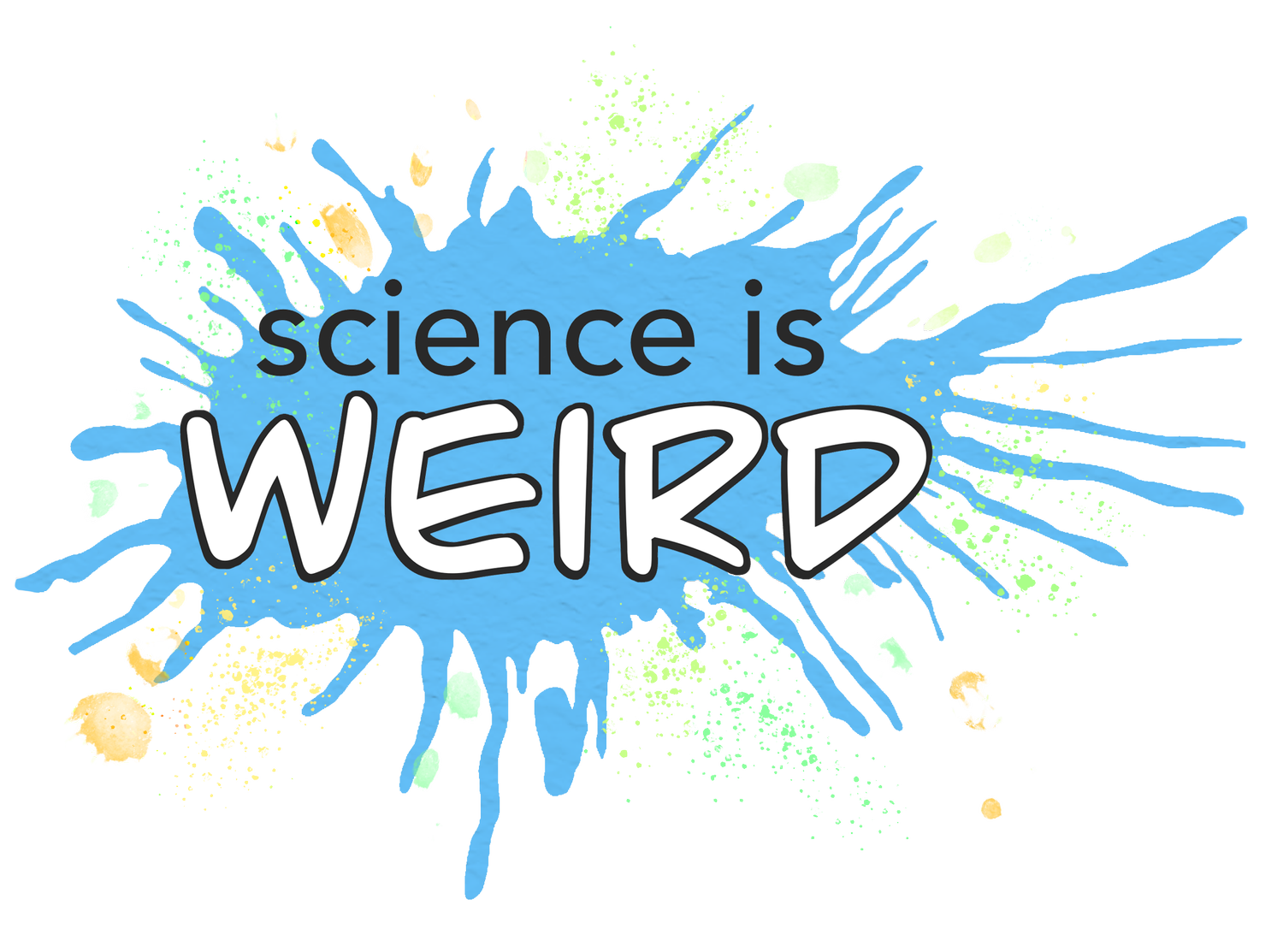Homeschooling workshops
Feed your kids’ hungers
(And keep yourself from going stark raving mad)
There are two ways to think about education:
Fill kids’ heads with the best that’s been thought and said
Set them free to follow their passions
In these workshops, you’ll discover a third way — one that takes your kid’s hungers seriously. Because the truth is that kids are complex. They crave many things — like mystery, risk, belonging, heroes, justice, beauty, & awe.
In these workshops, we’ll explore how to feed those hungers in your homeschool by re-humanizing & re-enchanting academics.
The problem
We want to raise intellectually vibrant humans — curious, grounded, engaged. But too often, the actual task of teaching and learning feels… dry.
Your kid zones out, and resists learning more. You get frustrated. You wonder if you were right to homeschool.
You’re not the first to feel this way! There’s a deep problem in how we think about education. Too many approaches to homeschooling either try to force a kid’s mind into academics, or leave them floating in a “follow your passion” fog.
Neither approach regularly helps kids fall in love with the world. Neither helps you stay sane.
Meet your guide
Heya — I’m Brandon!
You might know me as the founder of Science is WEIRD, but I’m also the dad of three kids. Even before we were married, my wife and I had looked forward to homeschooling… but the moment we actually started, we discovered just how distractible and exasperating our kids could really be.
And then, we began to apply the ideas of Kieran Egan.
Egan was an Irish/English/Canadian educational philosopher with an oddly straightforward idea:
“everything is interesting, if only one learns enough about it.”
But how do we help our kids experience this? How can we help them care about things they don’t already love?
That’s the part that gets complex. Egan’s answer filled many books. Across them, he showed how we can make a curriculum that feeds all the ways that kids make meaning.
I had already been testing this out in my teaching, but now we began to apply it at home. And for the last year, we’ve been refining these techniques with 60 families across the globe.
We’re not finished yet. But this summer, I’m sharing what we’ve built — so you can craft a homeschooling approach that feeds your kid’s mind… and maybe your own, too.
What Are These Workshops?
They’re a playbook for parents who want to raise intellectually vibrant adults who see education as an actual adventure… without, ourselves, going stark raving mad!
Each fast-paced workshop gives you many step-by-step practices for how to lead your kids deep into a subject by feeding their human hungers — their need for things like love, mastery, and meaning.
Q: Is this “making learning fun”?
This is making learning meaningful.
Q: Is this “tricking them into learning”?
It’s about giving them something worth loving.
The goal
Just imagine
Your kid…
…retelling myths, asking for more books, and noticing more.
You…
…becoming fascinated with what you found dull, and seeing the world as bigger than you had imagined.
Your whole family…
…asking better questions, cracking dinner-table jokes about math, and getting your homeschool mojo back.
How it works
Three steps
Grab a seat
Join live (or watch the recordings)
Amass a pile of ideas you’ll be hungry to try
What you’ll get
the link for the live workshops
the link to watch the recordings afterwards
1 year of access to our online Google Group, to keep asking questions
Workshop Schedule
When is it?
July 15 – August 14, 2025
Tuesdays & Thursdays
3pm Eastern / 12pm Pacific
How long is each workshop?
We’re shooting for each workshop to be 60–90 minutes, but when we have more useful stuff, we’re going to let ourselves finish! (You can always watch the recordings later, and at 2x speed.)
What’s in each workshop?
What’s in it, specifically? Well…
July 15 A new way to see education
Here, you’ll learn the huge, hulking reality that all our arguments about education miss. You’ll come to understand the two big ideas in homeschooling (educational progressivism & educational traditionalism), fall in love with their promises and perils, and begin to sketch out a third idea.
July 17 Geography & history
You’ll learn a method of learning geography that puts memory and delight at the center, and a method of learning history that builds on your kid’s strengths.
July 22 The sciences
You’ll learn how biology & ecology can be a path to finding kin all around you, how physics & chemistry can be a way to re-enchanting the world, and how to really see the stars... and the whole Universe.
July 24 Problem-solving & arithmetic
You’ll learn where math really comes from, and how that provides a blueprint toward learning to make numbers a part of your world, and to become a connoisseur of hard problems.
July 29 Foreign languages
You’ll learn a new approach (drawing on cognitive linguistics) to make learning a language matter to your whole family, and to begin to do it effectively — perfecting your pronunciation, mastering your first thousand words, moving past “translating”, and finding satisfaction in grammar.
July 31 Vocabulary & writing
You’ll learn a method of learning new words easily, and an approach to building expertise in writing through savoring the beauty of a great sentence. (We’ll also explore a new approach to thinking about handwriting.)
August 5 Literature
You’ll learn how to dive into a story, seeing its moving pieces so as to be able to tell powerful stories yourself.
August 7 Art & music
You’ll learn how to immerse yourself in your senses with painting, sculpture, and music, and develop a desperate love for art.
August 12 Philosophy & world religions
You’ll learn how to lead your kid into the biggest questions, and to poke the Universe’s edge.
August 14 Adulting
Finally, we’ll explore how this approach can be used to help our kids become mature adults who find satisfaction in even the small, boring things of life — like cleaning a home and cooking breakfast.
How much does it cost?
The price
The 10 idea-filled workshops are $360 USD.
Any discounts available?
We want as many families to have access to this. If you think these would be helpful to you, but the price is prohibitive, ping Angela, and she can create a custom coupon for you.
Why does this work?
A whole new paradigm…
…built on how minds actually work.
The two dominant approaches to education (“traditionalism” and “progressivism”) were solidified more than a century ago, before we had a clear understanding of what…
the world, and
kids’ minds
…are really like.
After a hundred years of the hard sciences (think physics, chemistry, & biology), we see the world more clearly. And after a hundred years of the soft sciences (especially anthropology, cognitive psychology, and evolutionary biology), we can see the human mind more clearly, too!
What do we find? That the two dominant approaches barely address kids’ hungers and don’t make use of their strengths.
A full system
Egan education isn’t “cute extras” tacked onto learning. It’s a full system that helps kids:
taste the flavor of every topic
understand complex things through cognitive tools
crave mastery
get into their bodies
get into the heads of other people
It’s a method to bring together thinking, feeling, and perceiving. It’s a way to learn from the best tools for learning that people have invented over the last hundred thousand years. It’s a way to help kids feel how all learning matters.
Because it does matter! The promise of this approach to homeschooling is that we can feed kids’ minds, help them connect to the world around them, and embark on the very real (and risky) adventure that is education.
Who are these for?
What ages?
These workshops will lay out the first four years of Egan homeschooling. Ostensibly, that means they’re for grades 1, 2, 3, and 4. But Egan education puts real intellectual depth at the very start of learning — we bet that you (the parent) will learn more guiding your kid through this than you’ve learned since leaving college or high school! We’ll show you how to modify these (when necessary) for later grades.
What sort of kid?
Egan’s approach connects with the core features of humans… and the truth is that while humans can be very different, we tend to resemble each another more than any of us resemble the sort of “theoretical student” that either educational progressivists or traditionalists imagine.
Because of that, this approach has something to offer all kids, be they neurodiverse or neurotypical, gifted or not. It can help kids who build robots out of toasters AND kids who still count on their fingers. It can help kids who write novels at night and kids who forget what a “noun” is every single time. It can help kids who name their stuffed animals in Latin, kids who think in spirals, kids who hoard pinecones, kids who can’t struggle to get excited about anything, kids who won’t read books that aren’t about Minecraft, and kids who believe in fairies and neutrinos simultaneously.
Understanding more
I’m answering questions about this on my blog.
Going deeper, these workshops are about how to make this paradigm practical. But if you’d like to get a fuller grasp of the theory, there are a few places you might go.
You can skim our page on Kieran Egan. You can also read (or listen to) the review I wrote of his biggest book — it won the Astral Codex Ten book review contest in 2023. You also might enjoy watching the presentations I gave to prepare to write that book review.
Finally, you might enjoy “The Lost Tools of Learning” — the blog I’ve been keeping since winning the contest. There I’ve been sketching a rough outline of what Egan education could look like, from preschool to twelfth grade. Expect the workshops to extend (and sometimes complicate) what you see there.














